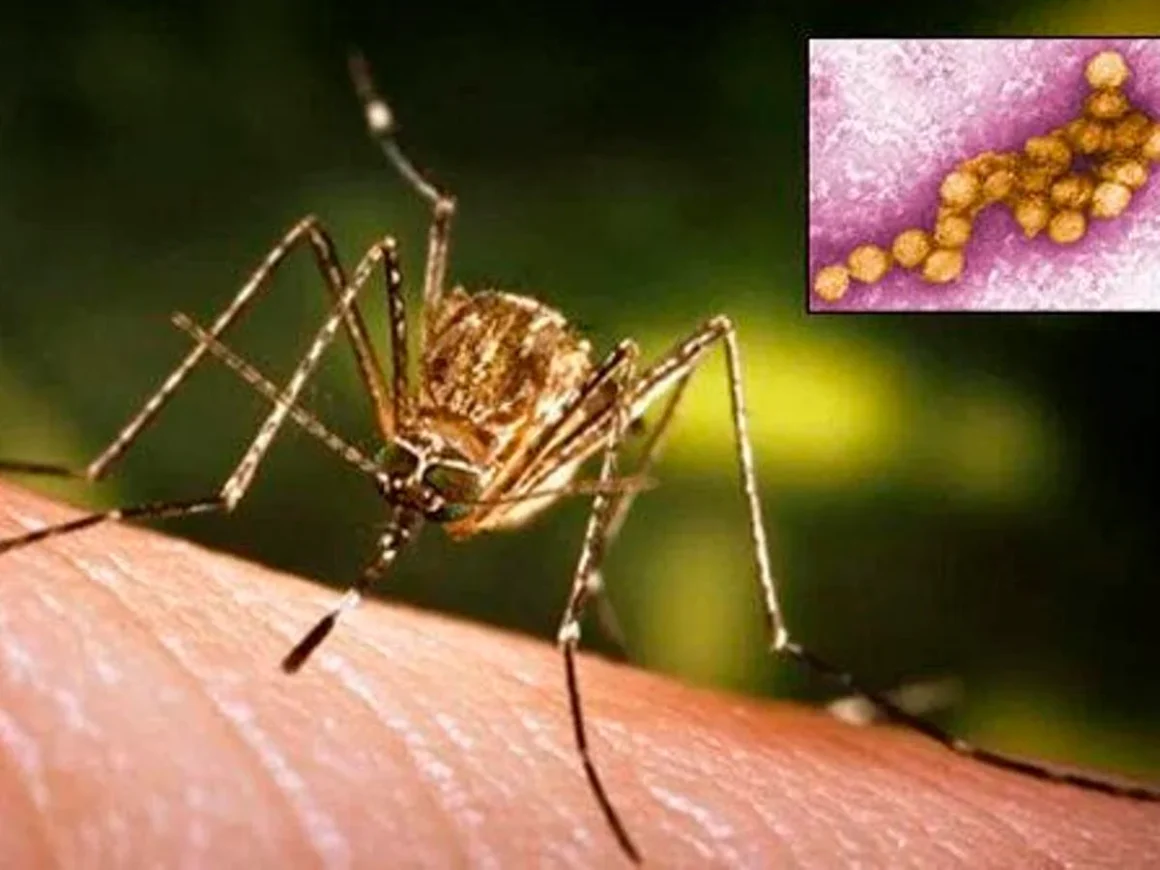Israel’s Ministry of Health confirmed the fourth death due to West Nile fever. The ministry said on Wednesday that it is currently investigating a suspected case where the virus may have caused another patient’s death, Xinhua news agency reported.
The ministry also reported six new cases of infection with the virus, bringing the total number to 48 since the beginning of May. Among them, 36 were hospitalised, with five patients under ventilation.
What is West Nile Fever?
West Nile Fever is a viral disease spread to humans via bites from infected mosquitoes, mainly from the Culex species. The virus is part of the Flaviviridae family and typically found in warm and mild climates. Although many people with the virus show no symptoms, some have mild flu-like signs, and in severe instances, it can cause neurological problems.
Symptoms and Risk Factors
West Nile Fever’s symptoms range from mild to serious, including fever, headache, aches, and tiredness. Severe cases may show neurological signs such as stiff neck, confusion, shaking, and paralysis. People at higher risk for serious illness include the elderly, those with weak immune systems, and those with specific health conditions.
Prevention and Control Measures
Preventing mosquito bites is key to avoiding West Nile Fever. Use insect repellent, wear long sleeves, and eliminate standing water where mosquitoes breed. Communities can also use mosquito control actions like larvicides and spraying insecticides to decrease mosquito numbers and curb the virus’s spread.
West Nile Fever is a worldwide health issue, with outbreaks happening in many countries. The World Health Organization (WHO) emphasizes the need for surveillance, early detection, and swift action to stop the virus’s spread. Global cooperation and information sharing are crucial to tackling the challenges of emerging infectious diseases like West Nile Fever.

